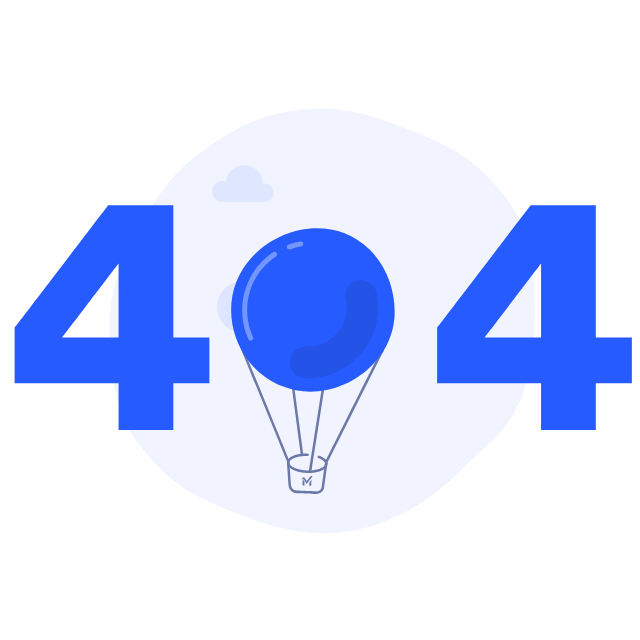|
Directions to Solve
Which of phrases given below each sentence should replace the phrase printed in bold type to make the grammatically correct? If the sentence is correct as it is, mark 'E' as the answer.
D
may be felicitated with
E
can be felicitated with
ANS:A -
can be facilitated by
No answer description is available.
|
A give desired direction of movement to the lathe carriage
C reduce the spindle speed
ANS:C - give desired direction of movement to the lathe carriage
Explanation:
No answer description is available.
|
ANS:A - 9
Step 1: int fun(int); Here we declare the prototype of the function fun().
Step 2: int i = fun(10); The variable i is declared as an integer type and the result of the fun(10) will be stored in the variable i.
Step 3: int fun(int i){ return (i++); } Inside the fun() we are returning a value return(i++). It returns 10. because i++ is the post-increement operator.
Step 4: Then the control back to the main function and the value 10 is assigned to variable i.
Step 5: printf("%d\n", --i); Here --i denoted pre-increement. Hence it prints the value 9.
|
ANS:A - Print 10
There is an error in this line i>=45 ? return(*p): return(*q);. We cannot use return keyword in the terenary operators.
|
|
A prints "C-Program, AptitudeCrack" infinitely
B Error: main() should not inside else statement C prints "C-Program" infinetly
D prints "AptitudeCrack, C-Program" infinitely
ANS:A - prints "AptitudeCrack, C-Program" infinitely
Step 1: int i=1; The variable i is declared as an integer type and initialized to 1(one).
Step 2: if(!i) Here the !(NOT) operator reverts the i value 1 to 0. Hence the if(0) condition fails. So it goes to else part.
Step 3: else { i=0; In the else part variable i is assigned to value 0(zero).
Step 4: printf('C-Program'); It prints the 'C-program'.
Step 5: main(); Here we are calling the main() function.
After calling the function, the program repeats from step 1 to step 5 infinitely.
Hence it prints 'C-Program' infinitely.
|
ANS:A - 12 12
No answer description is available. Let's discuss.
|
ANS:B - 4, 3, 4, 3
Step 1: int i; The variable i is declared as an global and integer type.
Step 2: int fun1(int); This prototype tells the compiler that the fun1() accepts the one integer parameter and returns the integer value.
Step 3: int fun2(int); This prototype tells the compiler that the fun2() accepts the one integer parameter and returns the integer value.
Step 4: extern int j; Inside the main function, the extern variable j is declared and defined in another source file.
Step 5: int i=3; The local variable i is defines as an integer type and initialized to 3.
Step 6: fun1(i); The fun1(i) increements the given value of variable i prints it. Here fun1(i) becomes fun1(3) hence it prints '4' then the control is given back to the main function.
Step 7: printf("%d,", i); It prints the value of local variable i. So, it prints '3'.
Step 8: fun2(i); The fun2(i) increements the given value of variable i prints it. Here fun2(i) becomes fun2(3) hence it prints '4' then the control is given back to the main function.
Step 9: printf("%d,", i); It prints the value of local variable i. So, it prints '3'.
Hence the output is "4 3 4 3".
|
ANS:D - k=38
Step 1: int k=35; The variable k is declared as an integer type and initialized to 35.
Step 2: k = func1(k=func1(k=func1(k))); The func1(k) increement the value of k by 1 and return it. Here the func1(k) is called 3 times. Hence it increements value of k = 35 to 38. The result is stored in the variable k = 38.
Step 3: printf("k=%d\n", k); It prints the value of variable k "38".
|
ANS:A - 12, 12
Step 1: int i=3, j=4, k, l; The variables i, j, k, l are declared as an integer type and variable i, j are initialized to 3, 4 respectively.
The function addmult(i, j); accept 2 integer parameters.
Step 2: k = addmult(i, j); becomes k = addmult(3, 4)
In the function addmult(). The variable kk, ll are declared as an integer type int kk, ll;
kk = ii + jj; becomes kk = 3 + 4 Now the kk value is '7'.
ll = ii * jj; becomes ll = 3 * 4 Now the ll value is '12'.
return (kk, ll); It returns the value of variable ll only.
The value 12 is stored in variable 'k'.
Step 3: l = addmult(i, j); becomes l = addmult(3, 4)
kk = ii + jj; becomes kk = 3 + 4 Now the kk value is '7'.
ll = ii * jj; becomes ll = 3 * 4 Now the ll value is '12'.
return (kk, ll); It returns the value of variable ll only.
The value 12 is stored in variable 'l'.
Step 4: printf("%d, %d\n", k, l); It prints the value of k and l
Hence the output is "12, 12".
|




